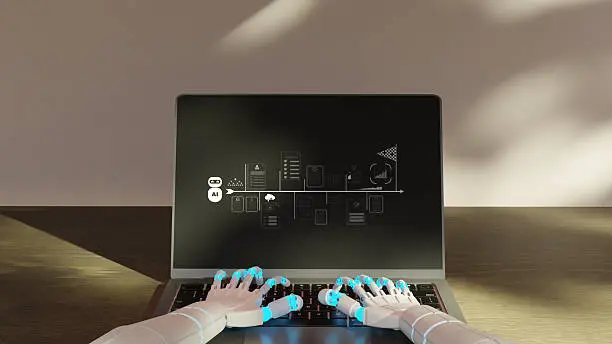The speed of digital assets being processed has changed a lot over recent years. Transactions, swaps, and staking rewards are all happening faster than ever across many platforms. Somewhere between yield farming and tax season, manual spreadsheets just stopped cutting it. In this day and age, if your business deals with crypto regularly, you need automation.
Crypto bookkeeping was once a tedious job of tracking tokens and reconciling wallets but it is now getting a major upgrade with smart systems. It’s the next phase of decentralized finance: DeFi 2.0.
Why Automation Matters in DeFi 2.0
DeFi 2.0 is faster, interoperable, and way more experimental. Liquidity moves between chains, staking rewards accrue every few minutes, and smart contracts interact like clockwork. That’s exciting for companies but also can be extremely chaotic.
Every yield payout, gas fee, and cross-chain swap has to be kept track of. Multiply that by thousands of microtransactions a week and your finance team’s coffee budget triples overnight, resulting in errors, delays, and a headache that even your tax software doesn’t want to handle.
Which is precisely why automation is a necessity for your company’s survival.
How AI is Transforming Crypto Bookkeeping
Artificial intelligence is becoming a necessity for every crypto bookkeeper. It records transactions and learns from them as well. Machine learning models are now able to categorize trades, detect any duplicates, and also flag suspicious wallet activity. All of this happens in real time!
Take this for example; it can recognize the difference between airdrops and staking rewards without you needing to check it yourself. It can sync with your exchange accounts and generate a profit-and-loss summary before your accountant even asks for it. All this and more can be achieved through tools like Bitwave, Cryptio, and Gilded, which all use AI-led reconciliation with on-chain data accuracy.
The best part is that AI doesn’t get tired or misread a transaction after 10 p.m. It’s active 24/7!
However, you can’t get complacent. You need that human touch as well. A good crypto bookkeeper now acts more like a data interpreter rather than sorting through transactions. They validate what the AI produces and contextualize it. They’re also there to catch the rare case the algorithm can’t explain.
Benefits of Automated Crypto Bookkeeping
The benefits of automation stack up quickly:
- Speed: Everything is synced in real time so there’s no need for you to panic at the end of the month.
- Precision: Automated systems reduce reconciliation errors.
- Audit Readiness: Every entry is time-stamped and easy to trace.
- Cost Savings: Less grunt work, more strategic analysis.
Keep in mind that automation does not replace your finance team. It just frees them up to focus on insights instead of input. Once you taste that efficiency, there’s really no going back.
The Role of the Modern Crypto Bookkeeper
Today’s crypto bookkeeper needs to understand more important things like how liquidity pools affect your balance sheet, what gas spikes do to your margins, and how to explain DeFi yields to your auditors without breaking a sweat.
They’re using dashboards, APIs, and AI-driven analytics, not just ledgers and journals. They’re also the ones that make sure your records don’t go haywire while you sleep since crypto is prone to changing overnight.
Conclusion
We’re standing at the point where automation, AI, and DeFi mix together and it’s changing the financial back office forever. Companies embracing crypto automation early are ahead of the curve for whatever the next blockchain cycle throws their way.
While machines might handle the math, it still takes a sharp, forward-thinking crypto bookkeeper to make sense of the story behind all those numbers. At the end of the day, what’s the point of technology if it doesn’t make our work a little smarter and our nights a little less sleepless?

